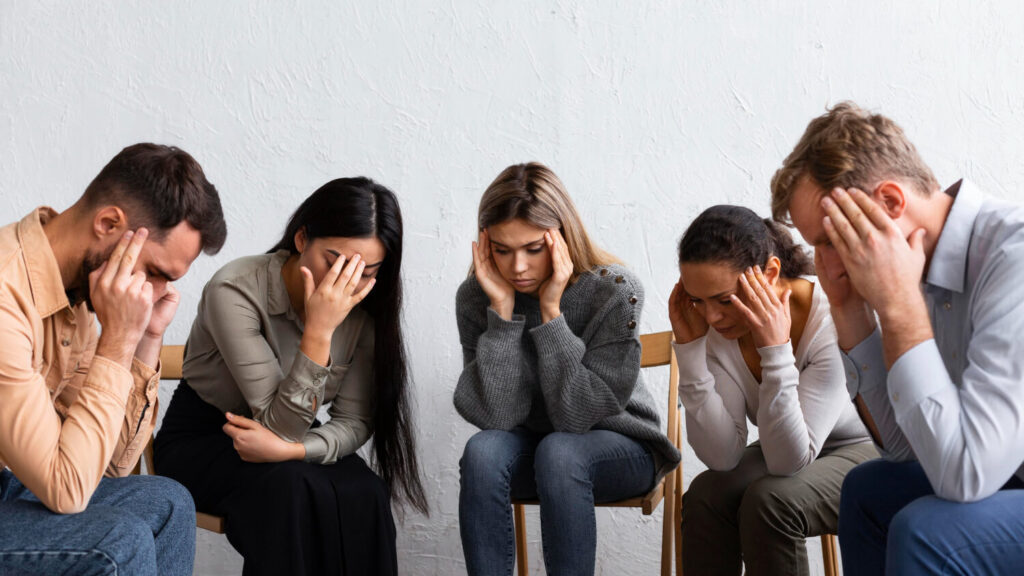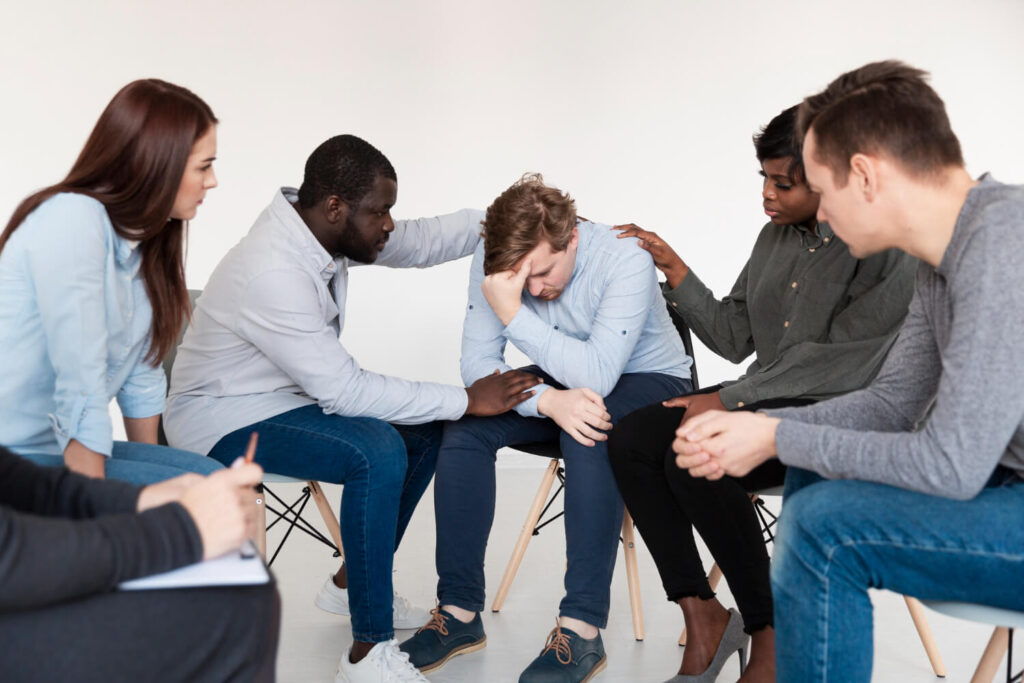Table of Contents
ToggleIntroduction

Social anxiety, also known as social phobia, is a prevalent psychological condition that affects millions of people worldwide. It can be a debilitating condition, causing intense fear and discomfort in social situations. Fortunately, there are effective strategies to overcome social anxiety and regain control of your life. In this article, we will explore practical tips and techniques to help you overcome social anxiety and lead a more fulfilling and confident life.
Understanding Social Anxiety

Before we dive into strategies to overcome social anxiety, it’s crucial to understand what social anxiety is and what causes it. Social anxiety is characterized by excessive self-consciousness and fear of being judged or embarrassed in social situations. Its presentation may include physical manifestations like quivering, perspiration, and an accelerated heartbeat.
What Causes Social Anxiety?
Social anxiety can stem from various factors, including genetics, upbringing, and past traumatic experiences. It often develops during adolescence and can persist into adulthood if left untreated. Understanding the root causes can be the first step in overcoming this condition.
Recognizing the Signs of Social Anxiety

Identifying the signs of social anxiety is essential for seeking help and making positive changes. Common signs include:
- Excessive worry about upcoming social events.
- Anxiety related to public speaking or performing in the presence of an audience.
- Avoidance of social situations.
- Physical symptoms like blushing or nausea in social settings.
- Challenges in maintaining eye contact and engaging in meaningful conversations can arise.
Seeking Professional Help

If you suspect you have social anxiety, it’s essential to seek professional help. A mental health professional, such as a therapist or counselor, can provide guidance and support tailored to your specific needs. They may recommend various treatments, including cognitive-behavioral therapy (CBT) or medication, to alleviate your symptoms.
Self-Help Strategies

In addition to professional help, there are several self-help strategies you can implement to overcome social anxiety:
1- Gradual Exposure
Gradual exposure to social situations is a powerful way to desensitize yourself to anxiety triggers. Start with less intimidating situations and gradually work your way up to more challenging ones.
2- Challenge Negative Thoughts
Social anxiety often stems from negative thoughts and self-criticism. Challenge these thoughts by asking yourself if they are realistic or if there’s evidence to support them.
3- Relaxation Techniques
Practicing relaxation techniques such as deep breathing, meditation, or progressive muscle relaxation can help calm your nerves before social interactions.
4- Improve Social Skills
Improving your social abilities has the potential to enhance your self-assurance in social settings. Join social clubs or take courses to improve your communication and interpersonal skills.
Building a Support System

Don’t hesitate to lean on friends and family for support. Sharing your struggles with loved ones can help reduce the burden of social anxiety and provide a valuable source of encouragement.
Conclusion

Overcoming social anxiety is a journey that requires patience and persistence. By seeking professional help, implementing self-help strategies, and building a support system, you can make significant progress in managing your social anxiety and living a more fulfilling life.
Frequently Asked Questions (FAQs)

Q: Can social anxiety be completely cured?
Social anxiety can be effectively managed and reduced with the right treatment and strategies. While it may not be completely cured for everyone, significant improvements in quality of life are achievable.
Q: How long does it take to see improvement when seeking professional help?
The timeline for improvement varies from person to person. Some individuals may see progress within a few weeks, while others may take several months of therapy and practice to notice significant changes.
Q: Are there any natural remedies for social anxiety?
While natural remedies like exercise, dietary changes, and herbal supplements may help reduce anxiety symptoms, they should not be used as a sole treatment for social anxiety. It’s essential to consult with a healthcare professional for a comprehensive treatment plan.
Q: Can social anxiety affect career prospects?
Yes, social anxiety can impact career opportunities, especially if it leads to avoidance of job-related social situations. Seeking treatment and using self-help strategies can help individuals excel in their careers despite social anxiety.
Q: Is social anxiety the same as shyness?
No, social anxiety is more than just shyness. While shyness is a normal personality trait, social anxiety involves excessive fear and avoidance of social situations, leading to significant distress and impairment in daily life.




